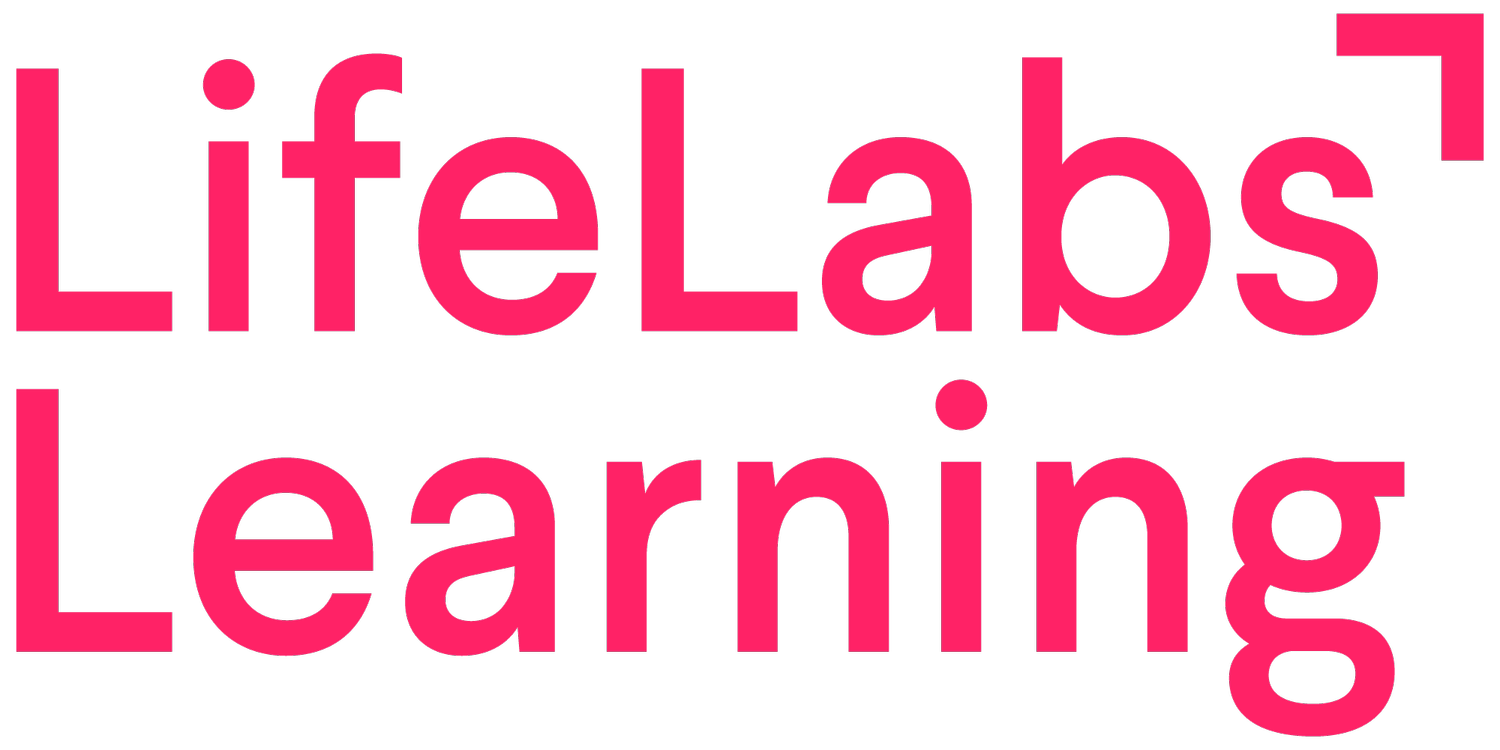Deal Out Better Feedback at Work With The Playing Cards Method™
We talk a lot about feedback at LifeLabs Learning. Why? Because it’s one of the most (if not the most) essential skills for effective leadership. That’s why we weave feedback into every learning program we offer.
Through our research with over 1,000 companies, we’ve discovered the habits of leaders who excel at feedback. These findings, paired with hundreds of peer-reviewed studies, allowed us to determine the specific behaviors that make feedback effective. These make up the core of our Feedback Skills workshop – our most popular offering!
Here are the key takeaways on giving fantastic feedback at work
Feedback must be receivable – it needs to break through the recipient’s defenses.
Feedback must be actionable – it’s not enough to be heard, it has to drive action.
Feedback must be balanced – there has to be the right mix of praise and critique.
In this blog, we share our top tool for making feedback actionable, clear, and easy to remember. Meet The Playing Cards Method™.
What makes feedback actionable?
For feedback to truly drive improvement, the receiver must understand exactly what behavior to change or continue. In other words, what should they do more or less of? This sounds simple, but giving high-quality, actionable feedback is a skill that takes practice.
That’s where The Playing Cards Method™ comes in. This memorable framework helps people quickly distinguish between high-quality (actionable) and low-quality (vague) feedback. Once employees can spot the difference, their feedback becomes more clear and impactful – leading to better performance.
How the Playing Cards Method™ works
We use playing cards to represent different types of feedback: actionable (specific) and non-actionable (vague).
Actionable feedback =
♠️ Spades for critique (helpful tools for digging out the root issues)
♦️ Diamonds for praise (bright, valuable gems)
Non-actionable feedback =
♣️ Clubs for critique (like being hit over the head with unclear criticism)
♥️ Hearts for praise (sweet but lacking substance)
The core difference between the two? Specificity. Actionable feedback is specific, while non-actionable feedback is vague. Here are some examples:
When giving critiques
♣️ CLUB (blurry critique): You came across as rude in the meeting.
♠️ SPADE (specific critique): I noticed you rolled your eyes in the meeting. I mention it because I didn’t feel comfortable sharing my perspective.
When giving praise
♥️ HEART (blurry praise): You crushed that sales call.
♦️ DIAMOND (specific praise): I liked how you asked about the client’s concerns. It helped us come up with an idea that met her needs.
By focusing on giving Spades (specific critique) and Diamonds (specific praise), you provide feedback that truly helps people improve. Check out this video to see it in action!
Tips for giving high-quality feedback
Start your feedback conversations by getting a Micro-Yes™ to signal a two-way conversation and give folks a chance to prepare (ex: Can we do a quick check-in on…? Do you have some time to talk about…?)
Be specific by naming what you saw or heard (think of what a camera can pick up! 📸)
Offer clear examples or data points
Avoid Blur Words™ – words that can mean different things to different people
Embedding actionable feedback into your culture
Share this approach widely to make feedback part of your company’s DNA. Incorporate The Playing Cards Method™ into your training, onboarding materials, employee handbooks, and any feedback-related resources. This not only builds awareness but also gives employees a shared language to make giving and receiving feedback easier and more effective.
TRY THIS: Card counting
What type of feedback is most common in your company? Pay attention to the "suits" people use in everyday conversations and public forums like Slack or meetings. Spotting patterns in your feedback culture can help you celebrate what’s working and address areas that need improvement (like too many Clubs or Hearts).
Want to unlock even more feedback-giving secrets? In our Feedback Skills Workshop, we teach managers how to deliver receivable, actionable, and balanced feedback that drives results.



